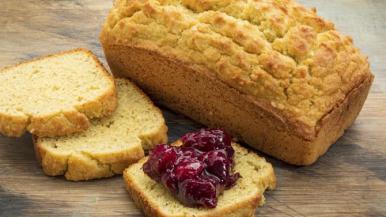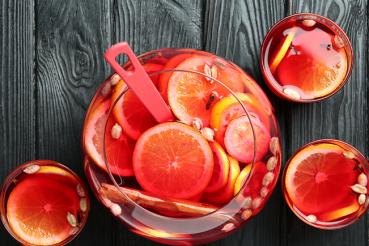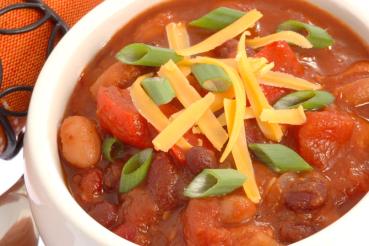Even after years of hearing about the benefits of carbo-free diets, bread and pasta still seem like such wholesome contributions to a meal. In fact, it's hard to imagine not being able to indulge in them.
There are, however, some people who aren't able to have foods that contain certain grains like wheat, barley and rye. For those with celiac disease, their bodies' reaction to the proteins in these grains can cause serious damage to their intestines.
Changing your diet
If you are diagnosed with celiac disease, you'll want to be on a gluten-free diet.
"The good news is that there are now more choices for someone with celiac disease," says gastroenterologist Mark T. DeMeo, MD, director of the Adult Celiac Disease Program at Rush. "There are a number of specialty stores that carry gluten-free products and more restaurants that cater to someone on a gluten-free diet. And, thanks to the Internet, you can buy a number of specialty foods online and have them shipped to your home."
For those on a gluten-free diet, the American Dietetic Associations suggests closely reading labels and looking for (and avoiding) the following ingredients:
- Wheat, rye, triticale, kamut and oat
- Flour, self-rising flour, enriched flour, graham flour, durum flour, gluten flour
- Barley
- Malt or malt flavorings
- Food starch and modified food starch
- Emulsifiers
- Stabilizers
- Thickeners
- Hydrolyzed vegetable protein (HVP)
This list and the following one are just to give you an idea of things to avoid. If you've been diagnosed with celiac disease, you'll want to work closely with a dietitian who specializes in the disease.
Beware of "hidden gluten"
While it's difficult enough to avoid gluten, you also have to be careful of "hidden gluten." Wheat and other grains are often used as fillers in processed foods. The National Institutes of Health offers this list of foods that may contain gluten:
- Bouillon cubes
- Brown rice syrup
- Chips/potato chips
- Candy
- Cold cuts, hot dogs, salami, sausage
- Communion wafers
- French fries
- Gravy
- Imitation fish
- Matzo
- Rice mixes
- Sauces
- Seasoned tortilla chips
- Self-basting turkey
- Soups
- Soy sauce
- Vegetables in sauce
While it's difficult enough to avoid gluten, you also have to be careful of "hidden gluten." Wheat and other grains are often used as fillers in processed foods.
As you can imagine, it's not easy to avoid gluten. That's why it's so important to work with a dietitian.
"The good news about a gluten-free diet is that it takes a lot of processed foods out of your diet, which in itself can make people healthier and feel better," says DeMeo.




